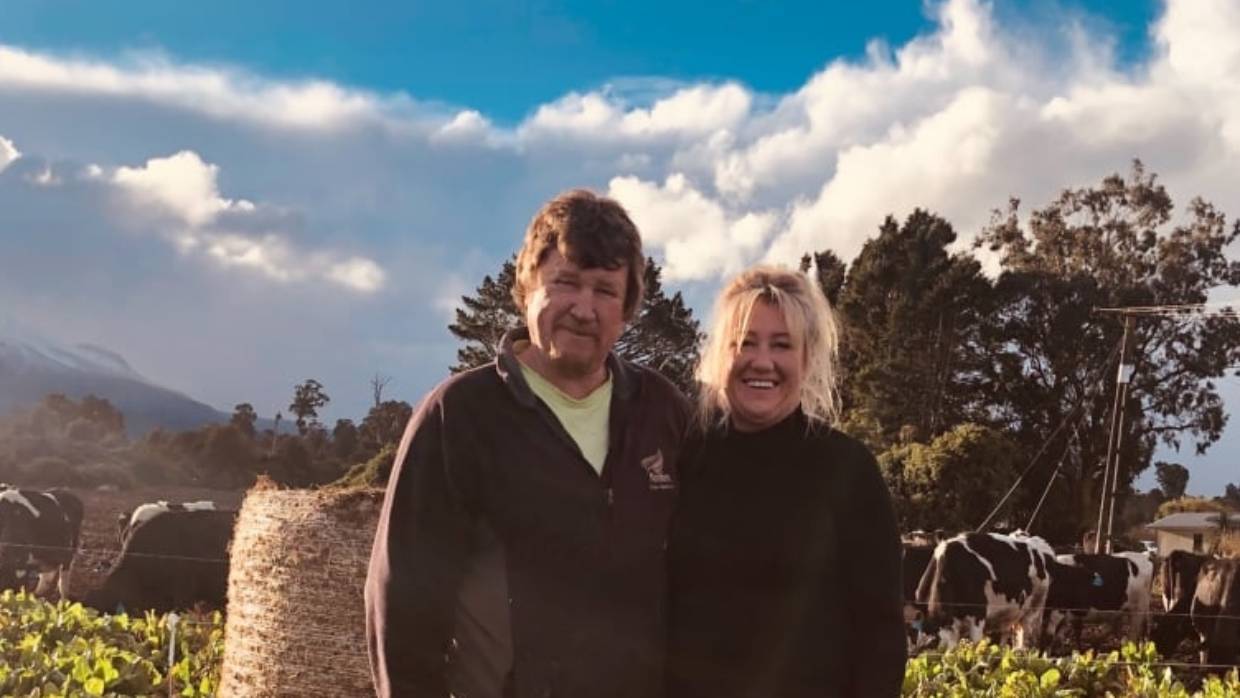Farmers force banks to pay for interest rate swap losses

Interest rate swaps are enormously risky financial derivatives, so complicated that most of the bank managers selling them didn’t understand what could happen if things went wrong. But New Zealand banks, including The National Bank, ASB and Westpac, sold these swaps to hundreds of farming customers in the period before the global financial crisis in 2008.
Banks told farmers swaps were a great way to reduce the risk of having to pay more money on their bank debt. Don’t worry, said the banks. Interest rate swaps seem complicated, but actually they are just like fixed rate loans, only with more flexibility and lower costs.
The trouble was that the banks’ assurances that these complex products were safe turned out to be false. When the global financial crisis hit in 2008, interest rates fell fast and New Zealand farmers were left paying tens if not hundreds of millions of dollars more in interest rate payments than they would have done if they had stuck to standard fixed rate bank loans.
According to one estimate, up to 2000 New Zealand farmers may have lost close on $1 billion. And the banks didn’t see them right. They dumped on them. The Court of Appeal wasn’t impressed, and ruled against the banks.
Full story here: https://www.stuff.co.nz/business/farming/dairy/114240977/the-taranaki-farmers-who-took-on-anz-bank–and-won